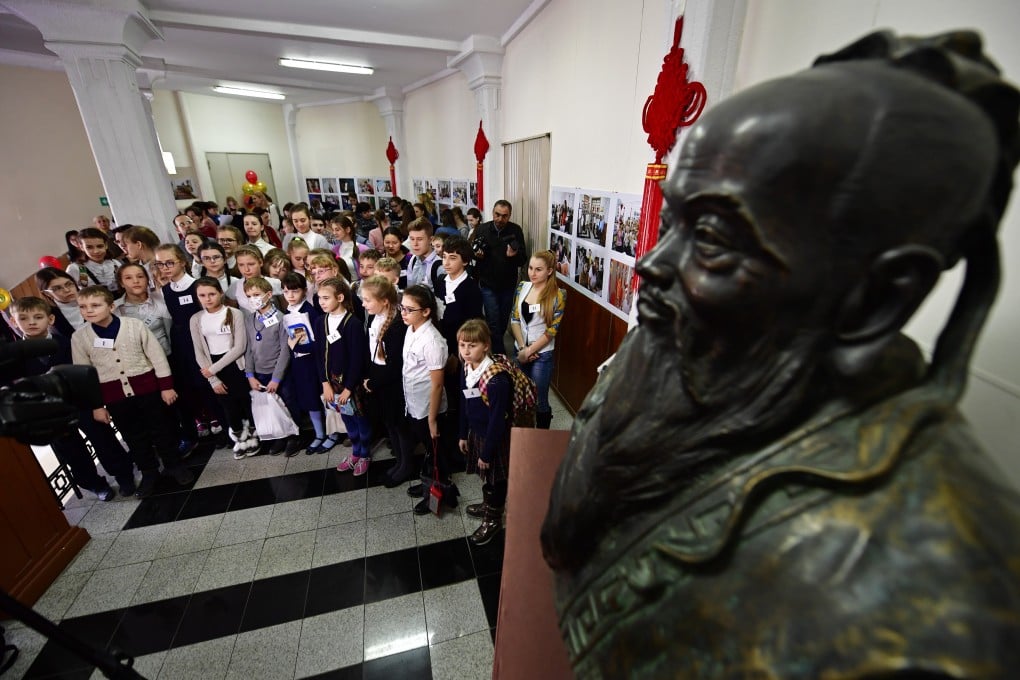Reflections | Can the Confucius Institutes rebranding bring China closer to the rest of the world?
For much of its history, China did very little to promote its culture – rather people came from far and wide to acquire it. What changed?

Hundreds of Confucius Institutes have been established around the world since the mid-2000s to promote Chinese language and culture. However, unlike the Goethe-Institut, Alliance Française and British Council, cultural organisations that represent Germany, France and Britain, respectively, the Confucius Institute has had less success in projecting its country’s soft power abroad.
Confucius Institutes have been accused of disseminating Chinese propaganda, among other more serious misdemeanours, but only the most naive would believe that the British Council and so on do not engage in some form of propaganda to promote their countries. The difference between them and the Confucius Institute lies in the level of sophistication with which this is done, and the divergent starting points for each country in terms of their international image.
It’s fair to say that Confucius Institutes have an uphill task because culturally, contemporary China scores rather low in the popularity stakes, compared with Western European nations and its neighbours Japan and South Korea.
For much of its history, China did not find it necessary to actively project its culture; people from other countries came to China to acquire it. The precocious Chinese civilisation attracted genuine admiration from a number of its immediate neighbours.
